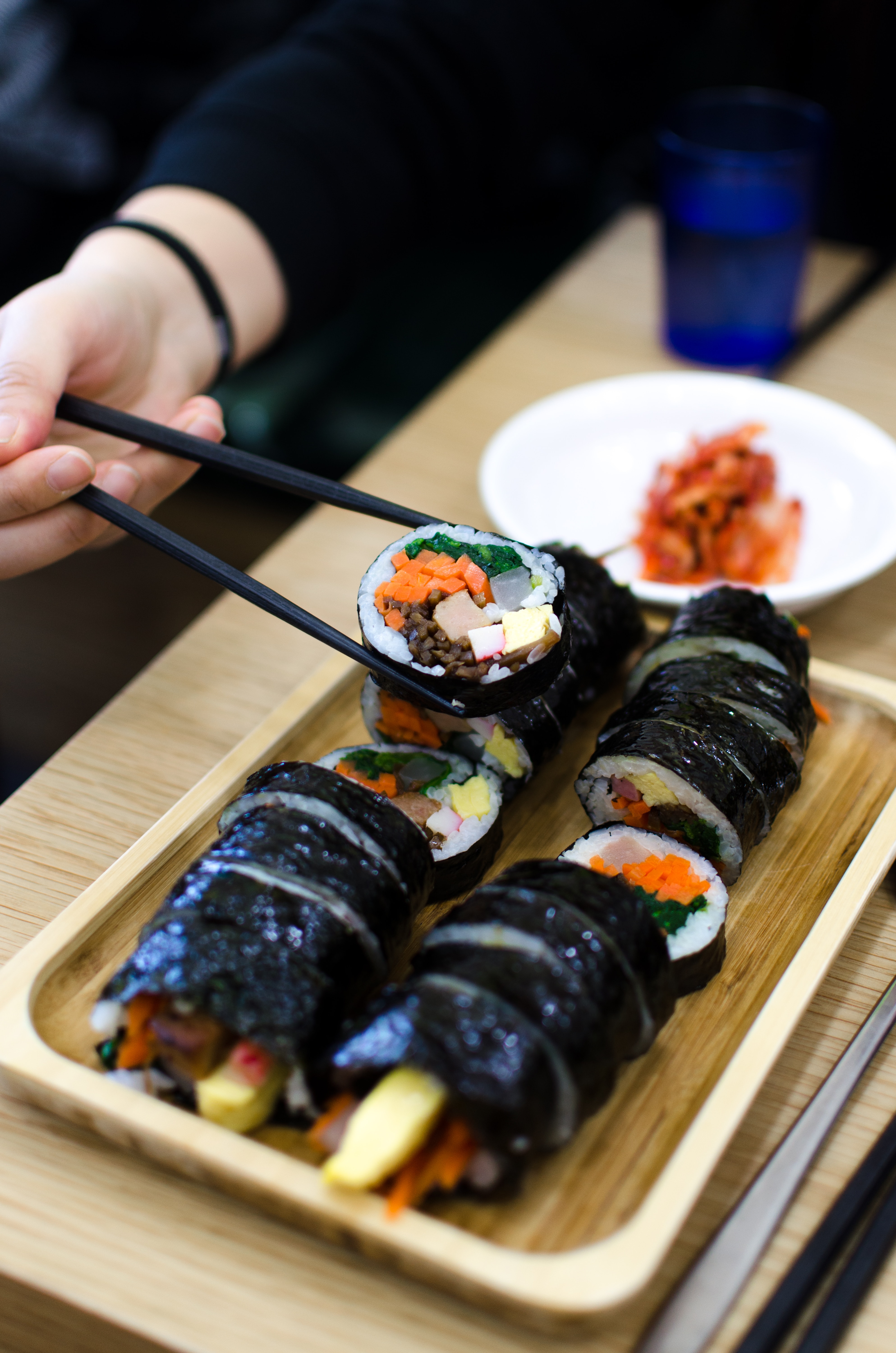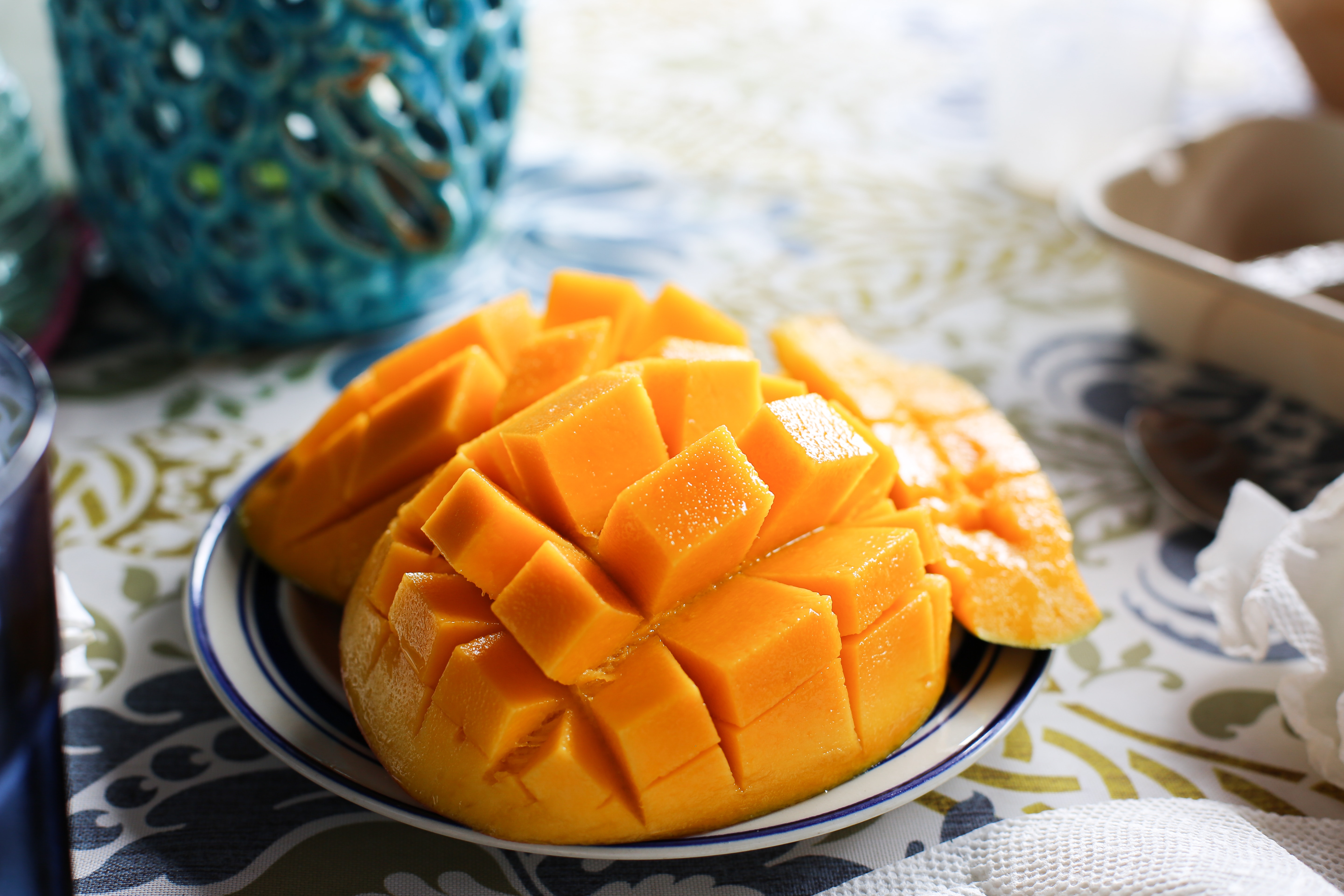Gentlemen’s Guide: Bangkok’s 5 Best Barber Shops
These top 5 barber shops in Bangkok are where gentlemen can elevate ...

Soft power refers to a country’s ability to achieve goals by attraction through cultural, moral, and political influence. There is no physical enforcement on other nations, however, countries enjoy goods that are traded with each other. Music, movies, art, foreign aid, diplomacy, education, and the promotion of a nation’s ideals are all examples of soft power. Moreover, it’s also a way to build positive relationships across borders.
Take, for instance, Thai artist Lisa of Blackpink, who leverages her prominence in the K-Pop industry and global pop culture to introduce elements of ‘Thainess,’ such as language, the ‘wai’ greeting, and her personal background. Similarly, young rapper Milli Danupha, who enjoyed her mango and sticky rice on stage at the Coachella festival, generating global interest in this Thai delicacy. By presenting culture in this innovative manner, it becomes appealing.
When talking about America, the nation’s soft power extends far beyond its borders. One of the pillars of America’s soft power is its cultural exports, including Hollywood movies, music, and television shows. The same now with South Korea, their pop culture has left a huge mark on Thailand. Korean TV cinema and artists have become a significant source of soft power for the country. Not to mention their delicious cuisine like kimchi, bibimbap, jajangmyeon, and more. This cultural influence has been well-thought through politically and didn’t just happen accidentally.
Take a look at the 2022 Global Soft Power Index and notice something interesting. Thailand is ranked second in the Association of Southeast Asian Nations (ASEAN), but it’s not among the top 30 countries globally. This is quite different from regional leader Singapore. This makes us wonder about Thailand’s approach to soft power and how it can improve. To do better, Thailand can learn from South Korea’s impressive rise in the world of culture.

Last year, the Thai government emphasised the significance of promoting the country’s creative industries on the global stage. The goal is to harness the power of cultural influence in order to maximise economic advantages. As part of this policy, Thailand aims to showcase its cultural strengths through the “5 Fs”: food, film, fashion, fighting (Thai martial arts), and traditional Thai festivals.

Koktail believes that Thailand can first best enhance its soft power through food. By implementing these strategies, Thailand can elevate its soft power through cuisine, making its flavours, culinary traditions, and food culture travel around the world:

Thailand can leverage its rich culinary heritage as a diplomatic tool by hosting international food festivals and inviting foreign chefs to learn and collaborate with Thai counterparts. Moreover, offering culinary scholarships to aspiring chefs from other nations can also foster cultural exchange and goodwill.
Invest in culinary education and training programs, both at home and abroad, to spread the knowledge of Thai cooking techniques, ingredients, and flavours. Thai culinary schools can partner with international institutions to offer courses and certifications.
Promote food tourism by creating dedicated food trails and culinary experiences for tourists. Encouraging travellers to explore local markets, street food vendors, and cooking classes is also a great idea as it will allow them to learn about Thai gastronomy.
Because joint efforts can increase the visibility of Thai cuisine in various markets, collaborating with private enterprises to create Thai food promotions and festivals globally will work well too.
Encouraging chefs and food entrepreneurs to innovate while preserving the essence of Thai cuisine as well as developing modern interpretations and fusion dishes can also create attraction.
These top 5 barber shops in Bangkok are where gentlemen can elevate ...
Wandering around the globe, try out the signature tastes of cultures across ...
We asked Thai actresses and got real stars, fictional heroes and everything ...
Pets, as cherished members of our families, deserve rights and protections that ...
Sailorr and Molly Santana’s black grills fuse hip-hop swagger with homage to ...
VERY THAI: In this regular column, author Philip Cornwel-Smith explores popular culture and topics ...
Wee use cookies to deliver your best experience on our website. By using our website, you consent to our cookies in accordance with our cookies policy and privacy policy